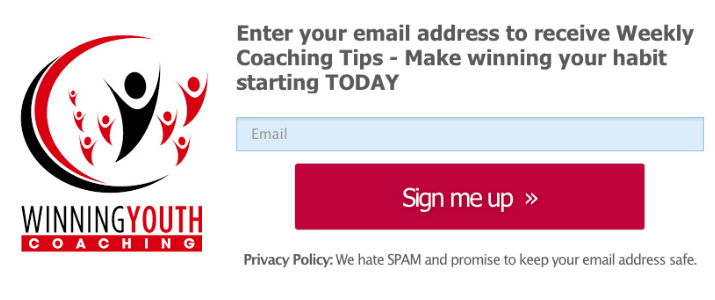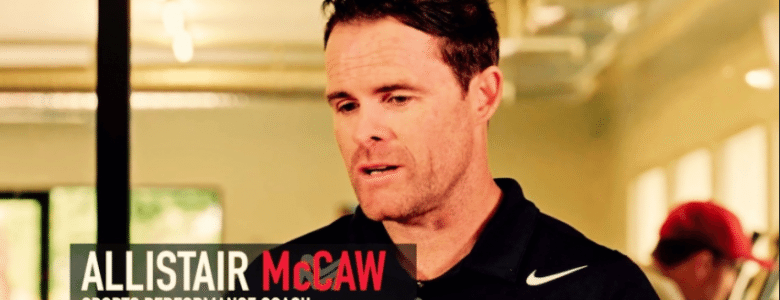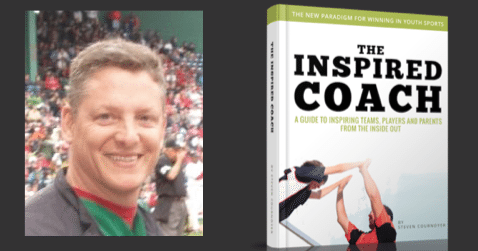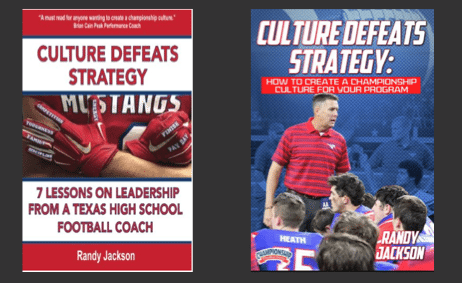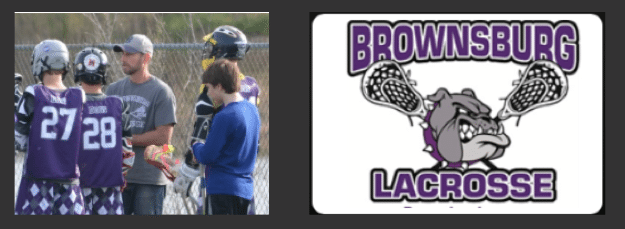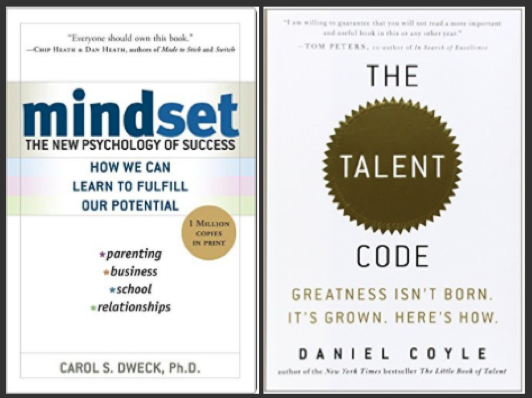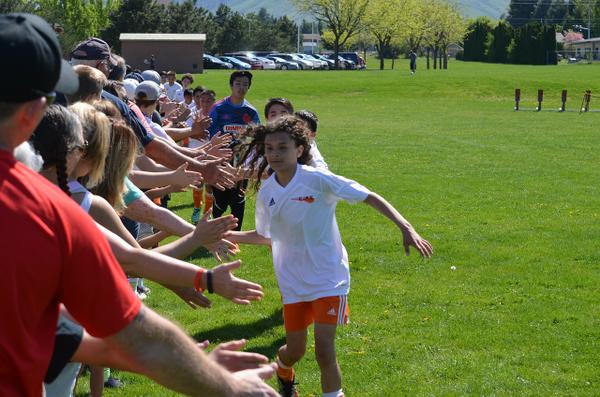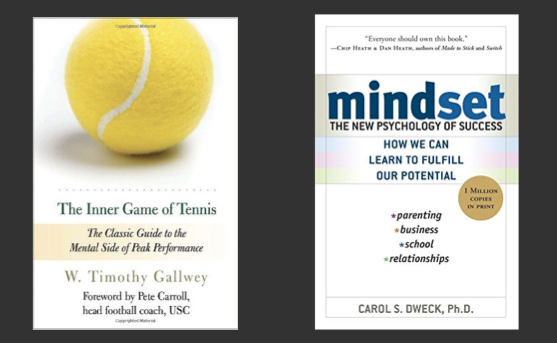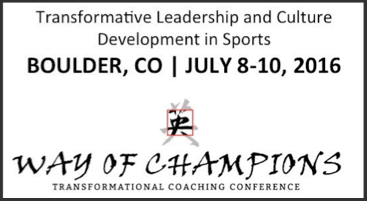March 6, 2017
WYC 109 – Championship Culture Part 5 – Sara Erdner talks Mental Toughness and Relational Resilience

Sara Erdner is a PhD student in Sport Psychology & Motor Behavior at the Univ. of TN. She is a lifelong athlete including multiple triathlons and most recently Strongman competitions. Today she will share with us some of the research she has done on relational resilience.
Twitter: @serdner
Facebook: /sara.erdner
Listen Now:
Listen on iTunes: iTunes link
Listen on Stitcher: Stitcher link
Listen on Google Play Music: Google Play link
–
Quote
‘In society we think of competition as going head to head with someone else and trying to beat them. But if you look at the Latin root of the word – it means To Strive Together. You put your best foot forward and I’ll put my best foot forward. Even if I lose, I will thank you as my competitor for bringing your best that day.’ – Joe Ehrmann, paraphrased
Competition
- Joe Erhmann talks about the word competition – ‘In society we think of competition as going head to head with someone else and trying to beat them. But if you look at the Latin root of the word – it means To Strive Together. You bring your best foot forward and I’ll put my best foot forward. Even if I lose, I will thank you as my competitor for bringing your best that day.’
Relational Resilience
- Adversity – Perception is reality, so if you perceive a situation as adverse, then it is.
- 5 characteristics of being resilient:
1 – Positive outlook
2 – Intrinsically motivated
3 – Focused
4 – Confident
5 – Perceived social support is high
Coaches’ & Parents’ role in resilience in athletes
- It all starts with you. If you are not resilient yourself, it’s nearly impossible to develop resilient athletes. Are you positive & focused?
- Self reflection is one of the most powerful thing you can do as an individual.
- Acknowledging when you’ve done something wrong is important.
- Emotional support is the key. The concept of empathy is critical. Being able to strive to put yourself in the other person’s shoes. Empathy is important to overcoming and working through the shame that has been put on you by your parents or coaches or others in your life.
Mental toughness
- Traditional coaching behaviors such as yelling, throwing things – these old standards create negative emotions that drive fear and anxiety
- Care, love, positive emotions – are the true ways to bring out the best performances
Caz McCaslin’s Coaching Tips
- Developing a player athletically:
- Teach them to have a great work ethic
- Teach them to be constantly learning
Empowering kids
- Ask open-ended questions
- What do you think you would have done in that situation?
- Are there other things you might add to that?
- It takes more time, but it has infinitely more valuable
Positive Energy
- Sara gets her positivity from her mom – Shout out to Sheryl Erdner!
The One that got away
- Sara was in a triathlon and was so in the flow state that she forgot to do the 2nd lap of the biking portion.
- She had a friend tell her – ‘These are the moments that will have the biggest impact on making you a better athlete, because it forces you to think about what happened and what you could do have done better’
Best Stolen Idea
- Dr. Rebecca Zakrajsek, PHD from Univ of Tennessee – Had a book called The Book of Awesome by Neil Pasricha – she shared a story from to start each class. Started the class with positive energy. Eventually she started to ask the class what awesome thing happened to them lately.
Favorite coaching book/quote
- Quote: ‘Stop trying to prove yourself because you’ve already done it.’ There’s a difference in trying to prove yourself and trying to improve yourself.
- Book: Grit by Angela Duckworth
Parting Advice
- Start practices with something fun and something motivational/positive.
–
Today’s Sponsors
Established in 1995, Upward Sports is the world’s largest Christian youth sports provider. Approximately 100,000 leaders and coaches deliver Upward Sports programming to half a million young athletes around the country.
Upward Sports promotes the discovery of Jesus through sports, by providing a fun, encouraging environment in which young athletes can learn technical skills and a love of the game. We use sports like basketball, volleyball, soccer and flag football to help young athletes develop mentally, athletically, spiritually, and socially. We are about the whole athlete—that’s our 360 Progression.
—



